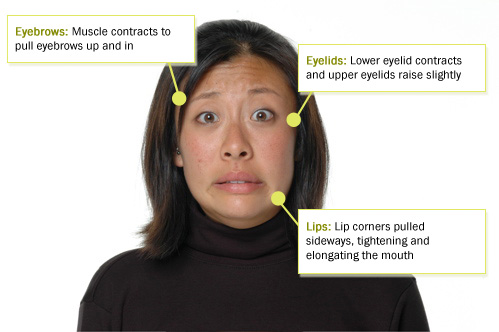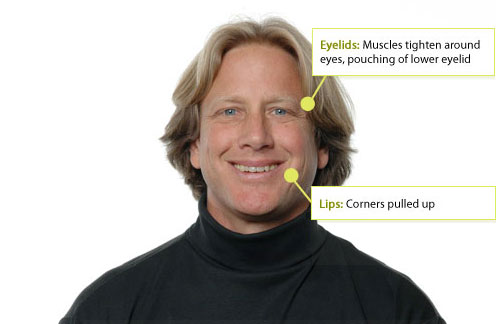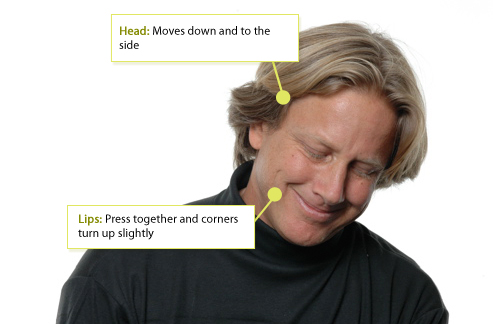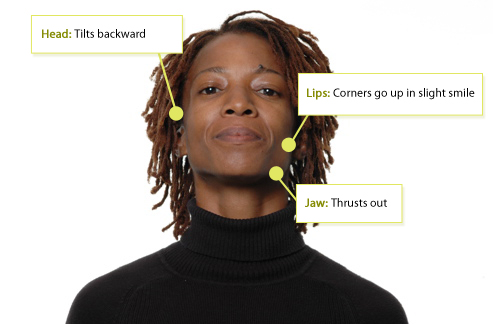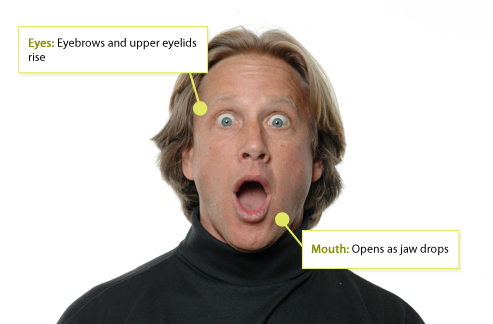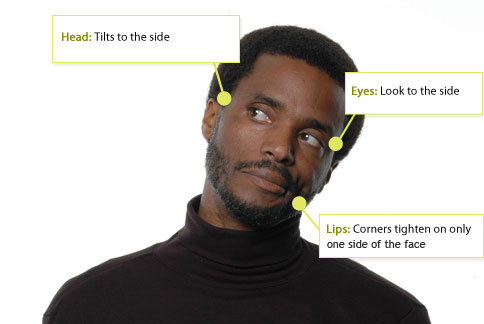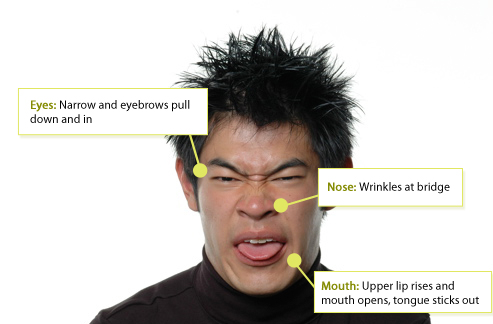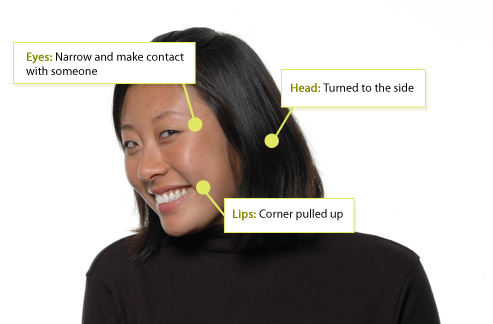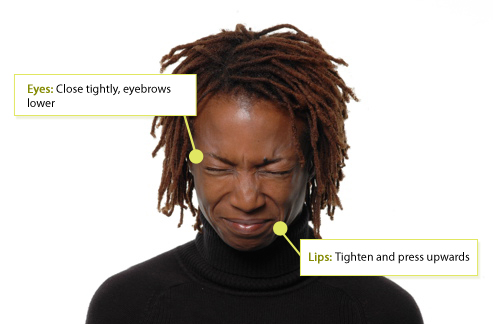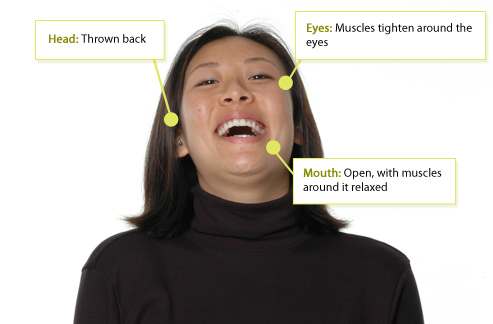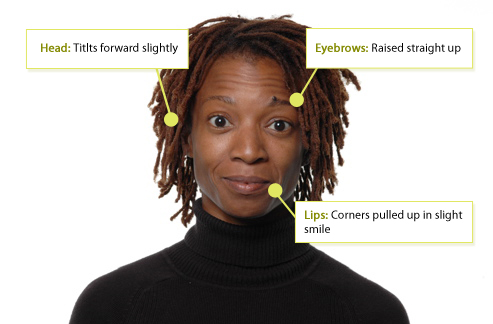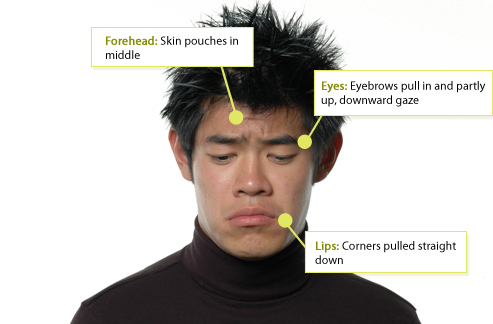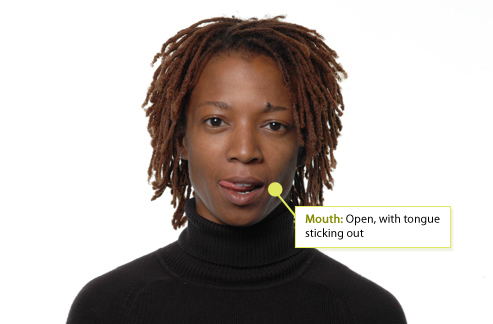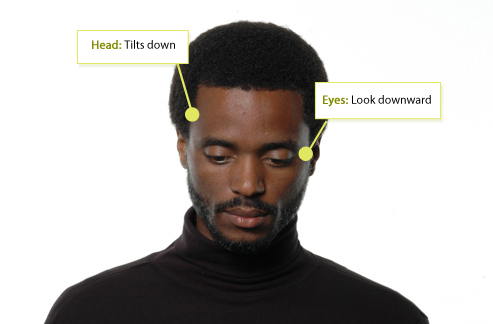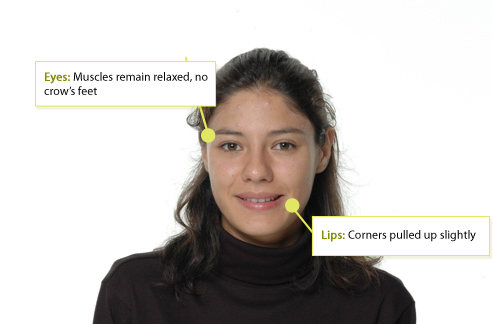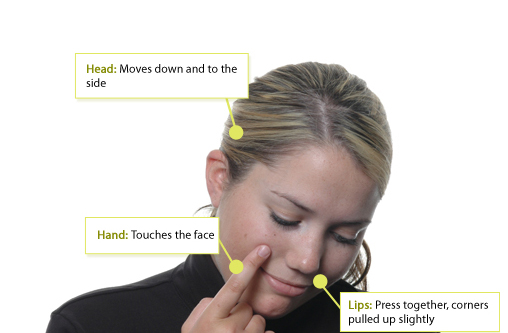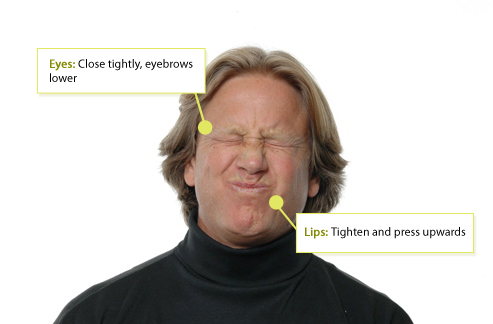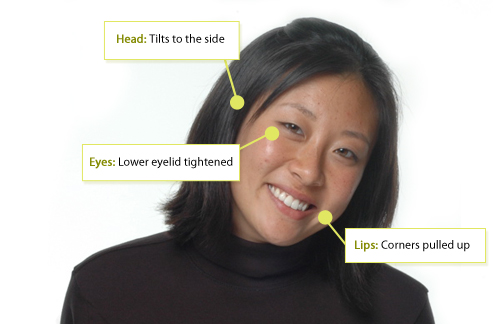 Last Wednesday we did a exciting project day.
Last Wednesday we did a exciting project day.Our teacher told to everyone go to the hall in front of the canting to ask the people some questions about happiness.
The main questions was, Which is the most matter in the live, happiness or money?
We had a very good support from the people, same of us we ask to the people for the vote, other group of my classroom ask for if the people would like write what thing make happy, another group did pick up names and the sings and two of then gave happy thoughts to the people as a gifts for support to us.
Obviously down the control to our teacher.
That day I had the privilege to take the box for the votes at the begin was a little scary because I'm not confident with myself but after same people support I complete forgot what I do just I enjoyed do that.
Obviously were same people does not want to support our project, so doesn't matter because most of them supported it.
Furthermore at the end, most of us were very happy and excited for are job what we did.
Personally the most excite thing was, when our teacher told us what she was very proud for our job in the hall.
